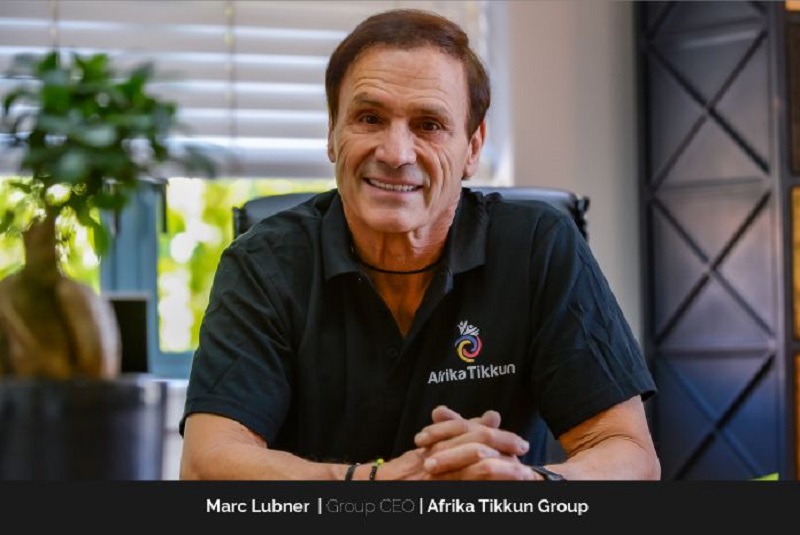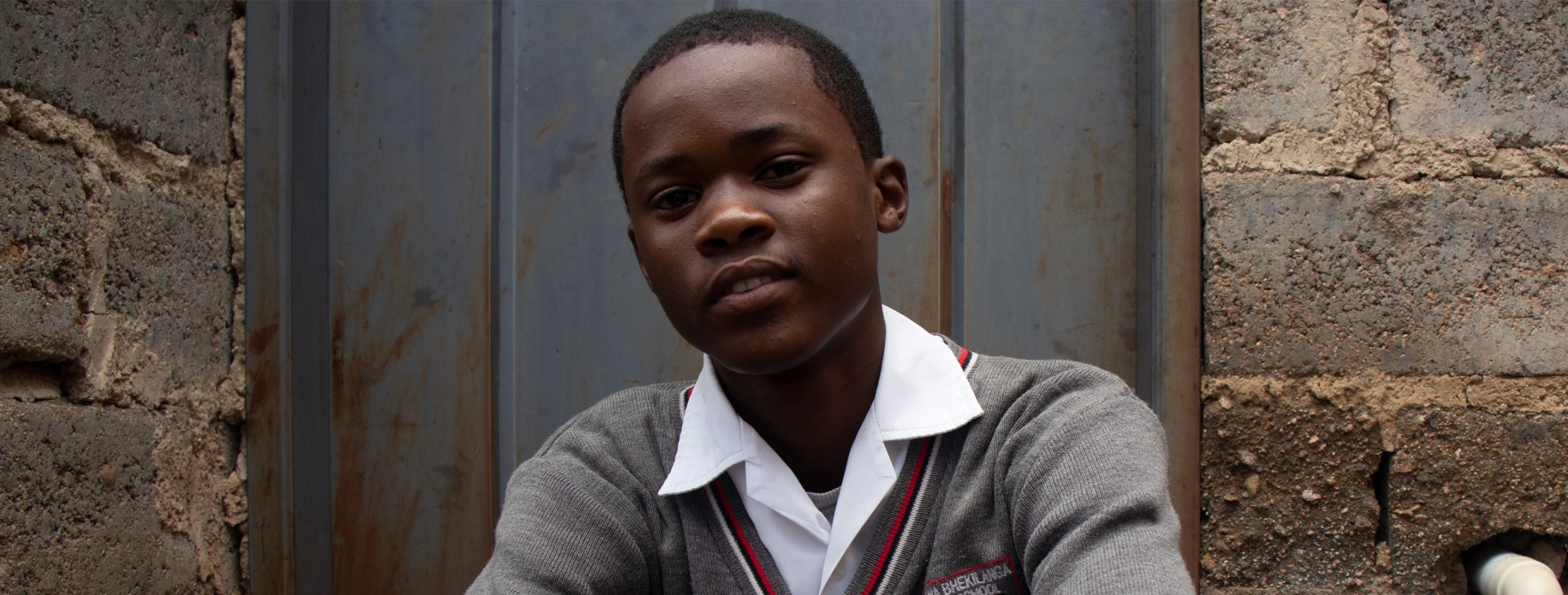Partnership between business, civilsociety and government is key tounleashing the economy
Partnership between business, civilsociety and government is key tounleashing the economy
Corporate sector has billions on its balance sheets and is willing to
invest locally, writes Marc Lubner, CEO of Afrika Tikkun
While SA’s economy has been battered by the pandemic over the past two years, we are not yet down and out. But to move forward, we need fresh ideas, agility, collaboration and greater ambition.
Finance minister Enoch Godongwana faced a tough balancing act in his first national budget this week, juggling the pressing need for service delivery and poverty alleviation with business-friendly policies for growth and the ever- increasing cost of servicing government debt. Over the past decade, the fiscal space for the finance minister to operate in has become ever more constrained, as SA’s prospects appear dimmer and the needs more urgent.
Consequently, the minister’s focus on job creation and economic growth should come as no surprise. Real GDP — stripping out the impact of inflation — is expected to grow only 2.1% this year and an average of 1.8% over the next three years. “We have had more than a decade of economic stagnation,” the minister acknowledged. “Only through sustained economic growth can South Africa create enough jobs to reduce poverty and inequality … We do not aspire to be a below-2%- growth economy. We are capable of so much more.”
South Africans everywhere believe we are capable of more. SA will be fortunate to record our highest-ever tax revenue of R1.5-trillion at the end of the financial year next month, thanks to booming commodity prices. The minister has made the right choice to use this surplus to consolidate debt. But this cannot be a once-off windfall. We need to supercharge our growth so tax revenue is higher every year, because we offer an environment in which businesses are able to thrive. We’re hungry for change, and we want to see greater ambition. We believe that there is another way to promote inclusive economic growth — one that would see an equal, three-way partnership between business, civil society, and the government. We seem so locked into the paradigm of state delivery for social services and
infrastructure that we risk not being able to see that this path is not the only one.
The private sector and civil society are ready to step up. Our corporate sector has billions on its balance sheets and is willing to invest locally with encouragement from the government. We should be providing tax credits for businesses that invest in the informal sector. Those companies that are shown to be investing in skill creation and growing employment should receive cheaper finance. In other words, we need to take the existing employment tax incentive, now worth R1,500 a month, to the next level. Loan guarantees for small and medium businesses (SMEs) are long overdue, but they do not go far enough. We should be doing much more to support our SMEs. This is the sector where the most jobs should be created.
The National Development Plan aimed for SMEs to create 90% of jobs by 2030, but instead, the sector creates only around 28% of jobs. For most economies, the SME sector is an engine for innovation, but in SA, it is where businesses are most hamstrung by red tape. It’s clear SMEs have been overlooked for too long, despite well-meaning supplier development initiatives linked to empowerment scores. For most economies, the SME sector is an engine for innovation, but in SA, it is where businesses are most hamstrung by red tape SMEs need a broader support base to grow and stabilise their operations. We can encourage them to register their operations, and offer access to working capital and tax holidays to incentivise innovation. Tax breaks of up to three years would allow SMEs to build their capital bases.
Godongwana promised “tough love” for ailing state-owned enterprises (SOEs), with some being retained while others may be rationalised or consolidated. With our sovereign balance sheet running dry, we should consider incentivising the private sector to operate and co-own SOEs. Some proposals to do exactly this are already under way — such as the proposal to privatise the Post Office.
We welcome the expansion of the social relief of distress grant and the expanded child support grant, the commitment to health and education services, and the accelerated investment in infrastructure.
These are important measures and grants are crucial to keeping many households afloat, but they are not the final intervention people are looking for. Young people are thirsty for jobs and dignity, rather than handouts, and we must capitalise on this. The private sector has a proven track record of delivery and a solutions-oriented mindset. But on its own, it is not enough to bring lasting, impactful change.
For this, we need to look at civil society, which has grassroots expertise, unparalleled networks, and deep understanding of tangled and interlinked issues. We would like to see co-operative planning among all three players, on an area-by- area basis, so that we respond to the community’s own needs rather than impose grand national plans that risk being tone deaf and unresponsive. There are plenty of good ideas and gutsy initiatives — but rolling them out, tracking results and scaling up for real impact demands commitment and skill. Implementation, rollout and delivery is not glamorous work, and after the start of a project there are few photo opportunities. It’s about getting logistics, training,
admin and operations in order — and it’s essential. We are working directly with business and the government to make our vision a reality. That’s why we can say with certainty that we can do more. From our own experience, we have seen corporates that are willing to commit to funding initiatives for change. They are by no means the exceptions. It’s time to allow the private sector to support real, meaningful, development. This week’s budget should be welcomed for its commitment to sensible measures that will unleash our economy. But this should only be the very beginning of the conversation.
We need to take this forward with real action and a commitment to do what’s best for the country, rather than ourselves or our own individual groups. The government has outlined its role. Business and civil society will follow suit.
• Lubner is group CEO of Afrika Tikkun
Source: novusonlinenews.co.za






